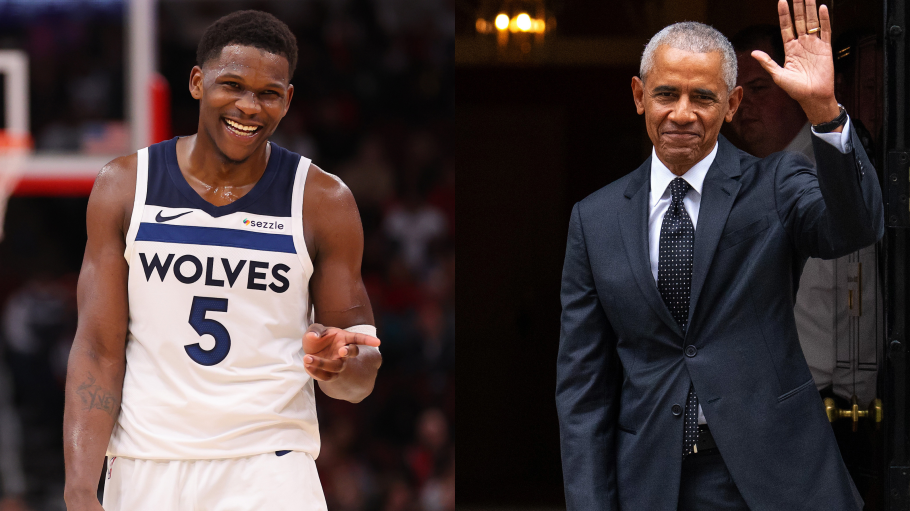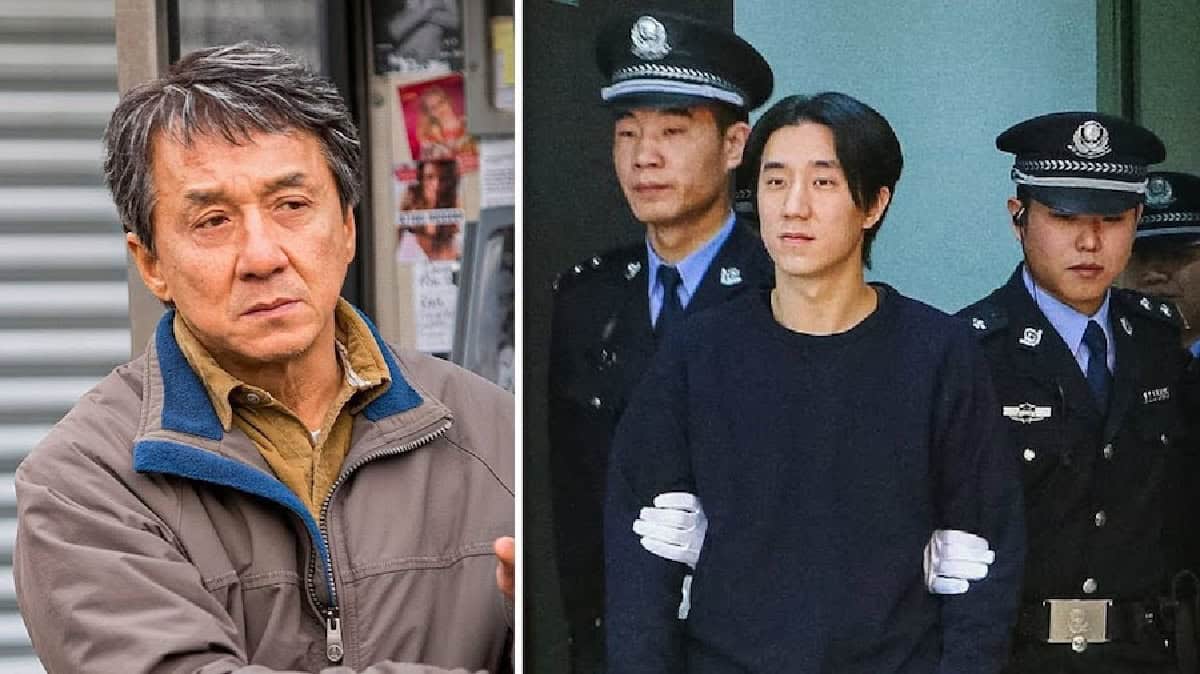Anthony Edwards Questions Barack Obama's Legacy

Table of Contents
Specific Criticisms from Anthony Edwards
While the precise nature of Anthony Edwards' criticisms regarding Barack Obama's legacy remains somewhat elusive, lacking specific publicized statements, we can speculate based on common critiques leveled against the former president. It's crucial to approach this analysis with a balanced perspective, recognizing the absence of directly attributable quotes from Edwards himself. However, judging from the general political climate and prevalent criticisms of Obama's tenure, we can infer potential areas of contention.
-
Criticism 1: Foreign Policy Decisions: A common area of critique focuses on Obama's foreign policy approach. Some argue that his interventionist strategies in Libya and Syria, along with his drone program, resulted in unintended consequences and instability in the region. Critics might point to the rise of ISIS as a potential failure of his administration's foreign policy calculations. The handling of the Iranian nuclear deal also remains a contentious topic, with some viewing it as a diplomatic achievement while others consider it a threat to national security.
-
Criticism 2: Economic Policies During the Recession: Obama inherited the Great Recession, and his economic policies, particularly the stimulus package, have been subject to extensive debate. Critics might argue that the stimulus was insufficient or poorly targeted, leading to slower economic recovery than hoped for. They might also point to increased national debt as a negative consequence of the administration's economic policies.
-
Criticism 3: Healthcare Reform Implementation: The Affordable Care Act (ACA), also known as Obamacare, represents another significant area of contention. Critics often highlighted rising premiums, limited choices of healthcare providers, and concerns about the overall effectiveness of the program. While proponents hailed the ACA for expanding health insurance coverage to millions, detractors focused on the perceived shortcomings of its implementation and negative impact on some segments of the population.
Counterarguments and Defenses of Obama's Presidency
It's vital to present counterarguments to any critique of Obama's presidency. His time in office witnessed significant accomplishments that require careful consideration.
-
Achievement 1: Affordable Care Act (ACA): Despite the criticisms, the ACA undeniably expanded health insurance coverage to millions of previously uninsured Americans. The positive impact on access to healthcare, particularly among low-income families, cannot be ignored. Counterarguments often emphasize that the ACA's shortcomings were largely due to implementation challenges rather than inherent flaws in the legislation.
-
Achievement 2: Killing Osama Bin Laden: The successful raid that eliminated Osama Bin Laden remains a significant foreign policy achievement lauded worldwide. This operation showcased a decisive commitment to counterterrorism and demonstrated the administration's capacity for effective covert action. The long-term consequences of this action remain a subject of debate, but its immediate symbolic and strategic impact is undeniable.
-
Achievement 3: Economic Recovery after the 2008 Crisis: While the recovery from the 2008 financial crisis was slow and uneven, Obama's administration implemented measures that prevented a complete economic collapse. The auto industry bailout, for instance, is often cited as a successful intervention that saved jobs and prevented a wider economic catastrophe. Counterarguments to critiques often highlight the precarious state of the economy he inherited and the significant progress made during his term.
Public Reaction and the Broader Debate
Anthony Edwards' questioning of Obama's legacy, while not directly detailed, has undoubtedly contributed to the ongoing national conversation surrounding the former president's time in office. Social media platforms, news outlets, and political commentators have all weighed in, reflecting the diverse viewpoints within the American population.
-
Prominent Figures: The reaction has been largely partisan, with prominent figures from both sides of the political spectrum expressing their views. Some might support Edwards' implied criticisms, while others will strongly defend Obama's record.
-
Partisan Politics: The ongoing debate is deeply influenced by partisan politics, with Republicans and Democrats often holding opposing views on Obama's legacy. This polarization makes objective evaluation challenging.
-
Demographic Perspectives: How different demographics perceive Obama's legacy is also an important factor. For example, younger generations might view his achievements through a different lens compared to older generations who lived through the events of his presidency directly.
Conclusion: Re-evaluating Obama's Legacy in Light of Edwards' Questions
Anthony Edwards' public questioning of Barack Obama's legacy has prompted a much-needed reassessment of the complexities of his eight years in office. While the specifics of Edwards' criticisms remain somewhat vague, the ensuing discussion highlights the importance of a nuanced understanding of Obama's presidency, considering both his successes and shortcomings within the larger historical context. The debate underscores the need for objective analysis, going beyond simple partisan narratives. What are your thoughts on Anthony Edwards' questions regarding Barack Obama's legacy? Share your perspective in the comments below. The ongoing discussion about Obama's legacy will undoubtedly shape future political debates and historical analysis, making Anthony Edwards' contribution, however indirect, a significant part of this evolving narrative.

Featured Posts
-
 Xrp Up 400 In 3 Months Investment Opportunities And Risks
May 07, 2025
Xrp Up 400 In 3 Months Investment Opportunities And Risks
May 07, 2025 -
 Aktshf Jwanb Khfyt Mn Hyat Jaky Shan Hqayq Stghyr Nzrtk Ilyh
May 07, 2025
Aktshf Jwanb Khfyt Mn Hyat Jaky Shan Hqayq Stghyr Nzrtk Ilyh
May 07, 2025 -
 James Gunns Superman Unveiling The Hawkgirl Wing Mystery
May 07, 2025
James Gunns Superman Unveiling The Hawkgirl Wing Mystery
May 07, 2025 -
 The Karate Kids Impact On Pop Culture And Martial Arts Training
May 07, 2025
The Karate Kids Impact On Pop Culture And Martial Arts Training
May 07, 2025 -
 The Financial Impact Of Anthony Edwards Nba Suspension On His Career
May 07, 2025
The Financial Impact Of Anthony Edwards Nba Suspension On His Career
May 07, 2025
